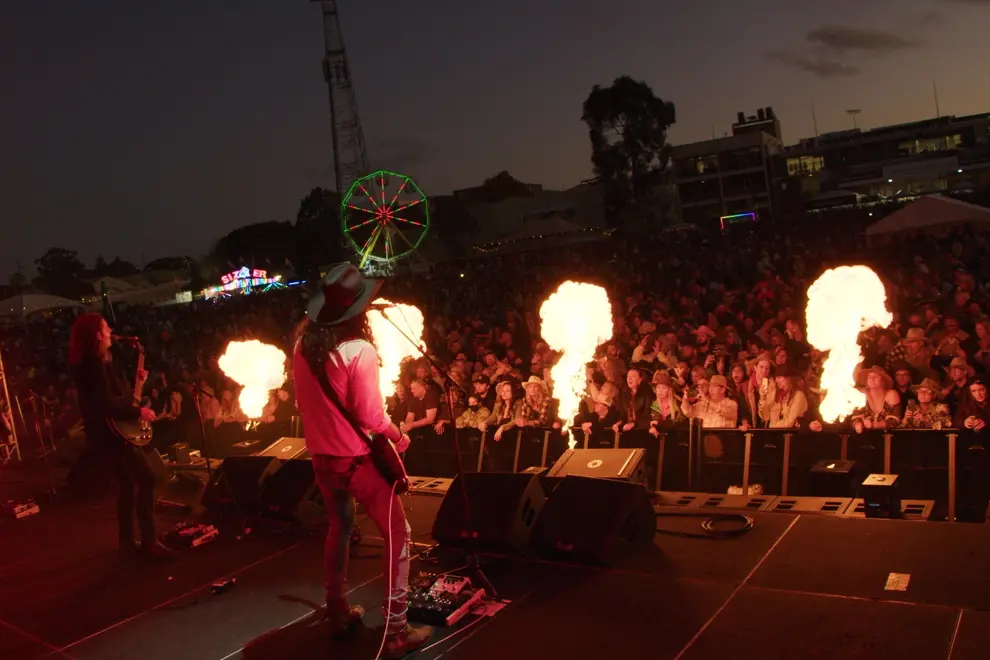The Australian Recording Industry Association (ARIA) and Phonographic Performance Company of Australia (PPCA) have joined the chorus of Australian music industry bodies that have rejected the Productivity Commission’s recent proposal that would affect the Copyright Act.
The proposal is outlined in the recently released Harnessing Data and Digital Technology Interim Report, which proposes a new fair dealing exception in the Copyright Act for text and data mining used for AI training.
APRA AMCOS, ARIA, and AIR are just some of the organisations that have shared warnings about the Productivity Commission’s proposed new “fair deal” exception in the Copyright Act for AI-generated text and data mining.
ARIA and PPCA argue that the ideas in the proposal are unnecessary and would weaken existing AI licensing deals. They also warn that exempting text and data mining would “devastate” copyright industries, including music and the arts.
Don't miss a beat with our FREE daily newsletter
The pair state that the proposal would strip Australians of “the right to control and commercialise” their intellectual property, while the ideas of government intervention would “legalise wholesale theft” of Australian-made sound recordings.
Currently, Australia’s position on AI aligns with other major economies, such as Canada, New Zealand, the United States, and the UK.
A press release notes that the proposed text and data mining would allow global AI companies to “exploit and commercialise” Australian copyright for free. ARIA and PPCA seek the protection of copyright, licensing of local music and art, and prioritising Australian-made culture.
In a statement, ARIA and PPCA CEO Annabelle Herd argued that the organisations are not opposed to AI, but the proposal should be “dismissed immediately,” as there is “no evidence base to justify an AI exception to copyright law.”
“Recording artists have always embraced innovation and new technology. We are absolutely not opposed to AI, but this proposal should be dismissed immediately,” Herd said.
“There is simply no evidence base to justify an AI exception to copyright law when music licensing at scale for AI is effective and growing. A text and data mining exception would rip away the commercial and moral rights of artists and rightsholders and hand the benefits of AI solely to major technology companies.”
Herd also notes that Australia’s existing copyright law is the “foundation of the creative industries and digital economy” for creators across the country. Not only does it align with other countries around the globe, it also “drives innovation, local cultural investment, and commercial activity.”
“The existing legal framework is 100% clear,” Herd said. “It enables licensing negotiations and agreements that give rightsholders control over exploitation of their works.”
Herd continued, “Australian songs, stories, art, research and creative works are among our nation's greatest treasures: they deserve respect, permission and payment, not exploitation. The prospect of unfettered exploitation by AI companies of First Nations music and culture should horrify Australians.
“This proposal masquerades as a 'productivity measure' when it prioritises the commercial interests of global technology companies over Australian workers and industries that drive real productivity in publishing, journalism, music, film and research. Technology companies are seeking this exception because they want unrestricted access without permission, attribution or payment. Both permission and payment are essential.
“The commercial reality contradicts claims that copyright restricts AI development. Instead of rushing to open the gates for AI companies to unrestricted and free access to the valuable intellectual property of artists and creators, the Productivity Commission should work to identify genuine incentives to investment in Australia by AI companies, including access to capital and energy considerations.”
















